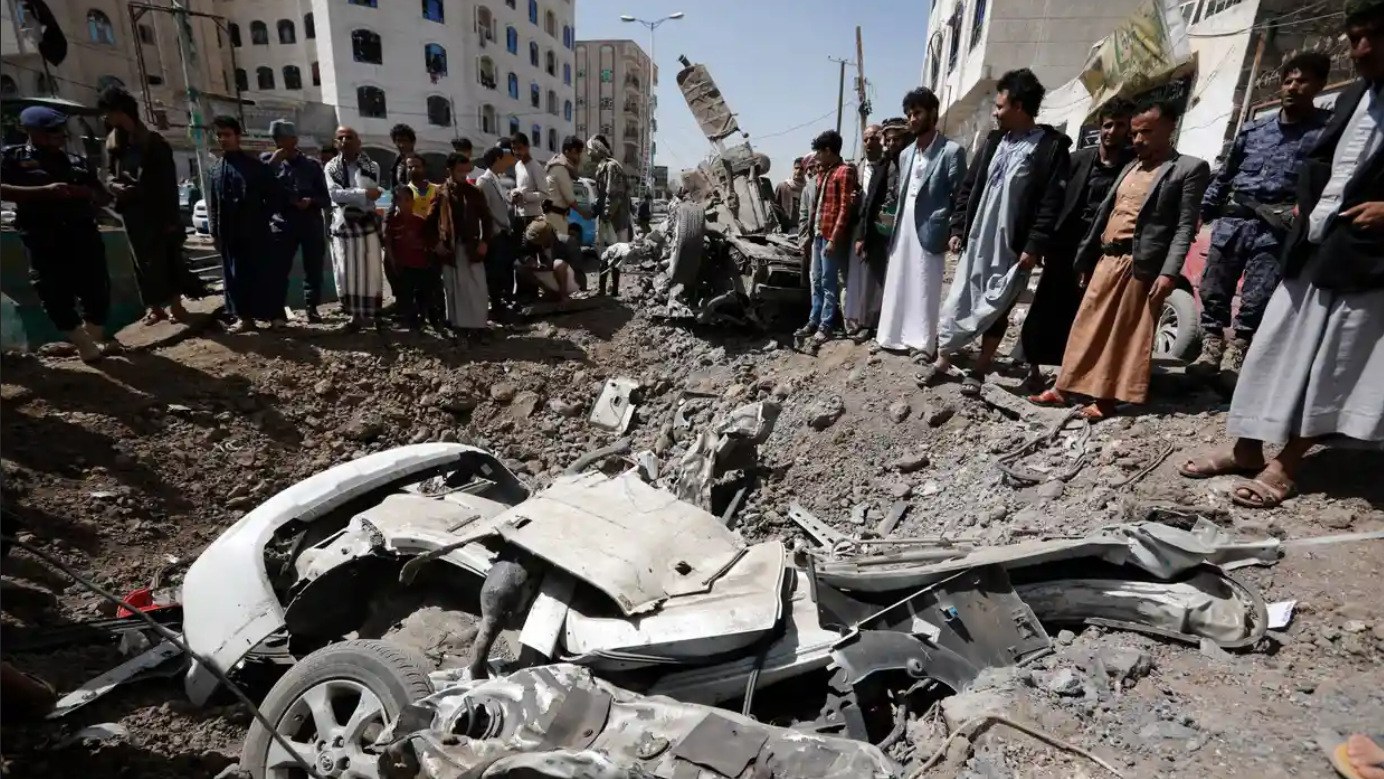Saudi Arabia successfully lobbied against continuing a United Nations investigation into war crimes and human rights violations in the war in Yemen, using various kinds of “incentives and threats,” The Guardian, revealed on Wednesday, December 1. The Saudi campaign against the investigation ultimately resulted in the United Nations Human Rights Council (UNHRC) in October voting against extending the independent war crimes investigation. This was the first time such a resolution was defeated in its history. The report, quoting several official, diplomatic and activist sources, described how the Saudis embarked on a “stealth campaign” to ensure the vote on the investigation failed. The resolution ended up getting defeated by a simple majority of 21-18, with seven abstentions.
In contrast, when the vote on the resolution was held in 2020, it had passed by a simple majority of 22-12, with 12 countries abstaining. The report noted the curious case of four countries that had abstained last year – Togo, Indonesia, Senegal and Bangladesh – changing their stand to vote against the resolution this year. One official quoted in the report noted “that kind of swing – from 12 no’s to 21 – does not just happen.” The investigation, which was first started in 2017 after the UNHRC convened a group of experts to look into possible war crimes and human rights abuses, was usually voted on for extension every year, with this year being different only in that the extension was meant to last two years.
Human Right Watch’s (HRW) Geneva director, John Fisher, said that “it was a very tight vote. We understand that Saudi Arabia and their coalition allies and Yemen were working at a high level for some time to persuade states in capitals through a mixture of threats and incentives, to back their bids to terminate the mandate of this international monitoring mechanism.” A source familiar with the matter noted that the Saudi defeat of resolution is a “textbook” case for other countries engaged in possible war crimes on how to escape investigation and accountability, adding that “the scrutiny should be on those members of the council that couldn’t withstand the pressure.”
Describing the kinds of threats, perks and other coercive actions undertaken by the Saudis against countries slated to vote on the resolution, the report noted the cases of Indonesia, Togo and Senegal. In the case of Indonesia, the country with the largest Muslim population in the world of more than 231 million, the Saudis threatened the country with restrictions on Indonesians on visits to Mecca, the holiest site in Islam, by saying that they would cease to recognize Indonesian vaccine certificates for the coronavirus if the country does not vote against the resolution. The small African country of Togo was in turn pressured to vote against the resolution by rewarding it with the opening of an embassy in Saudi Arabia, as well as the announcement of substantial financial support for its efforts against counter-terrorism. Senegal, similarly was rewarded with the United Arab Emirates (UAE) a close regional Saudi ally, inviting it to sign a memorandum of understanding to establish a joint Emirati-Senegalese business council, with the expressed aim of “boosting cooperation” between “two friendly countries”.
Other sources quoted in the report explained how the increasingly “damning” reports by the Group of Eminent Experts on Yemen (GEE) regarding the conflict over the years might have pushed Saudi Arabia to take extraordinary measures to sabotage the investigation, an investigation which it had supported in the initial years. In 2020, in an extremely significant recommendation, the GEE had talked about the issue of war crimes accountability for the first time, including recommending that the matter be referred to the prosecutor of the international criminal court by the UN security council. According to one source, “that must have been the trigger moment when the Saudi coalition realized this is really going too far.”
The conflict in Yemen first erupted in 2014 after the Houthis overran most of the North of the country, including the capital Sanaa, and deposed the western and Saudi-backed government of president Abdrabbuh Mansur Hadi. In 2015, the Saudi-led military coalition intervened on behalf of the government. The war has resulted in the deaths of more than 250,000 Yemeni civilians, with the UN predicting that by the end of 2021, more than 377,000 would have died directly from the violence as well as due to other war-related consequences such as famine, disease and lack of medical care. Over 14 million Yemenis, close to half of the total population of 30 million, have become internally displaced. Another 24 million, almost 80% of the population, are dependent on international humanitarian aid such as food, medicines, fuel for their day to day survival, with 14.3 million of them on the brink of starvation.
The Saudi-led coalition has carried out close to 23,000 air raids, consisting of about 66,000 airstrikes on Yemen since the beginning of its military intervention, indiscriminately targeting civilian and residential areas, targeting schools, hospitals, homes and marketplaces, considered a war crime under international law. The Saudi-led blockade of crucial ports in Houthi-controlled areas, such as the extremely important port of Hodeidah, as also resulted in massive shortages of essential items such as medicines, fuel and pushed the Yemeni population into further desperation and misery. Several efforts over the years by the United Nations to broker peace talks between the warring sides to end the conflict have so far not proved fruitful.





